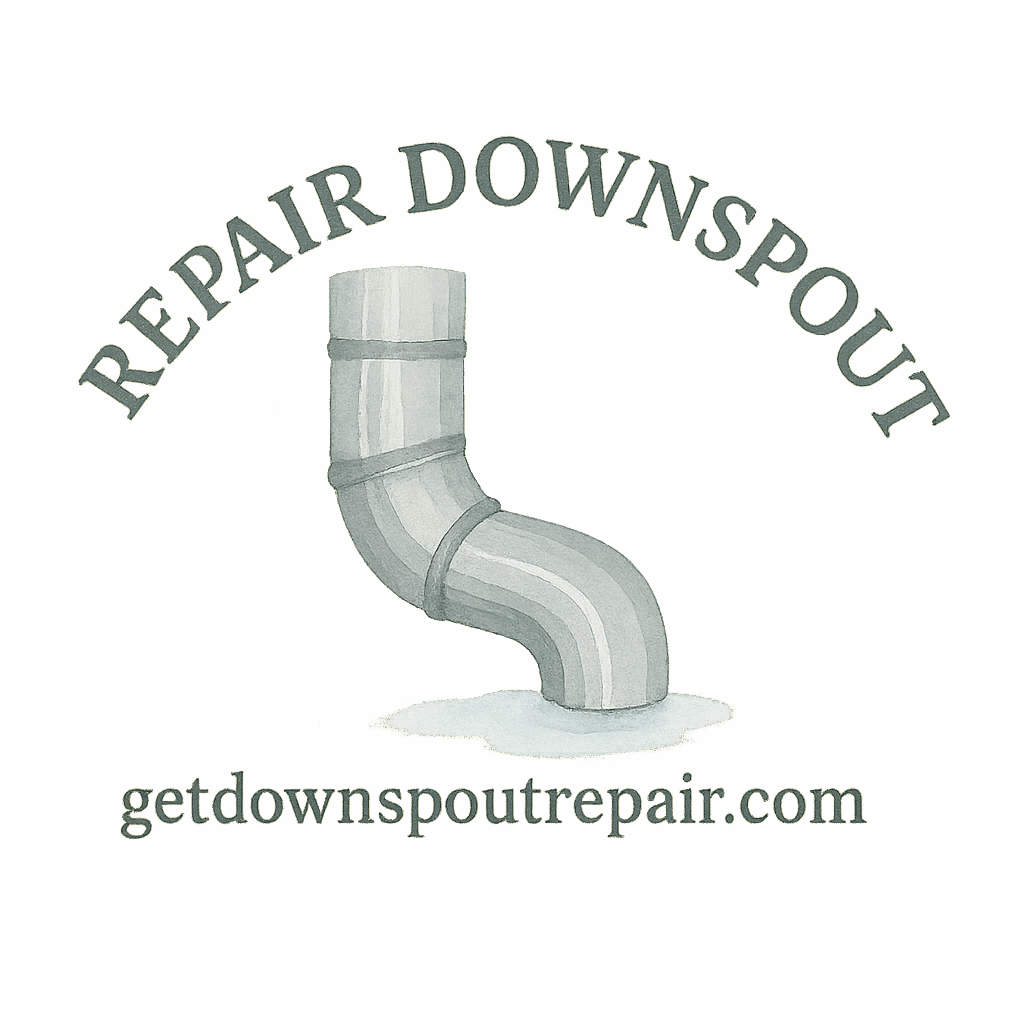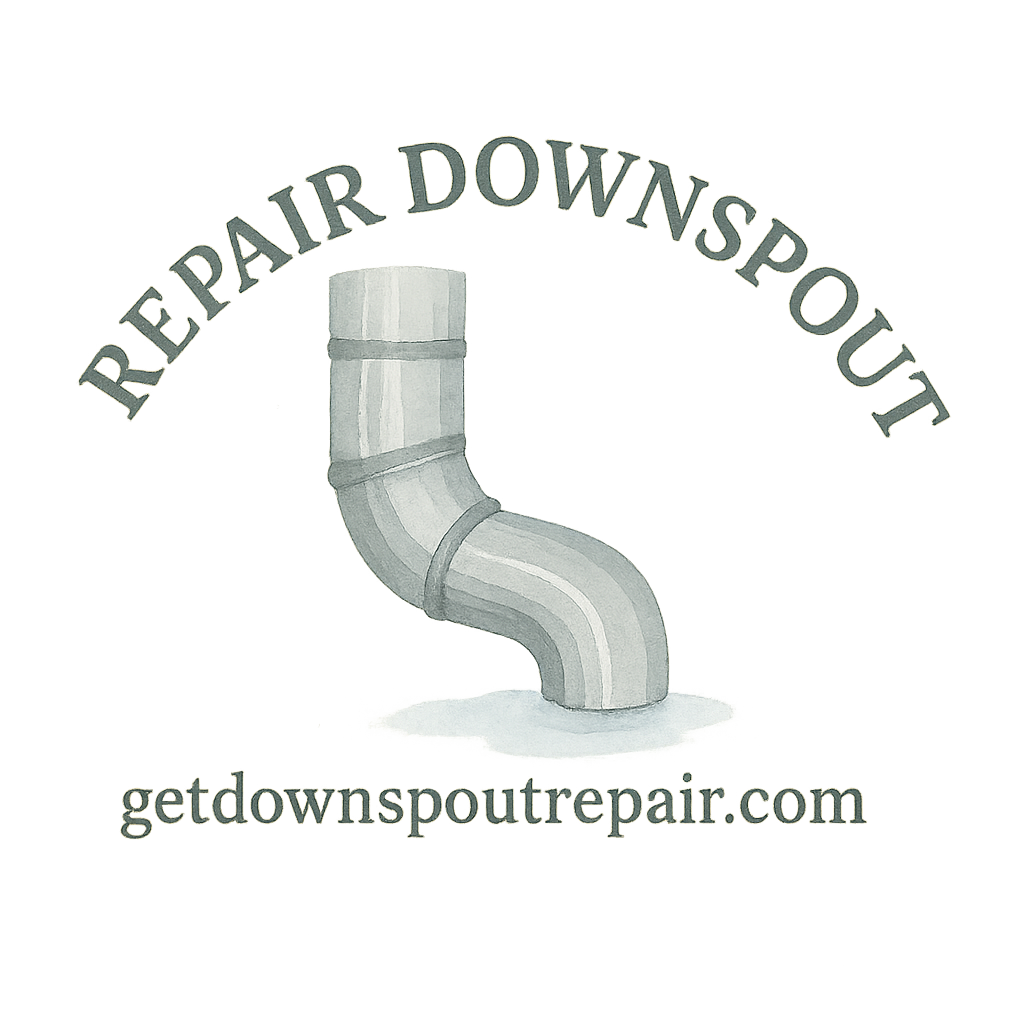Introduction: Why Downspout Durability Matters
Let’s be real—downspouts aren’t exactly the most exciting part of your home. But when they fail? You’ll definitely notice. From water pooling around your foundation to soil erosion and basement leaks, a weak downspout system can quickly turn into a nightmare. That’s why keeping them in top shape is a must. And the good news? You don’t always need to call in a pro. With the right DIY upgrades, you can extend the life of your downspouts and protect your home from costly water damage.
Understanding Downspout Repair Basics
Before diving into upgrades, you need to understand the basics of downspout repair. A downspout’s main job is to carry rainwater away from your gutters and direct it safely away from your foundation. If anything disrupts that flow—like cracks, clogs, or poor connections—you’ll have problems.
You can check out a detailed breakdown of the fundamentals at Downspout Repair Basics.
Common Downspout Problems That Affect Durability
- Leaky joints that let water escape.
- Rust or corrosion that eats through metal.
- Clogs caused by leaves, twigs, and debris.
- Loose brackets or screws that make downspouts sag.
- Poor drainage that leads to water pooling near your foundation.
Signs Your Downspout Needs an Upgrade
Not sure if your downspout needs a repair? Look for these red flags:
- Water spilling over the sides instead of flowing through.
- Stains on exterior walls or foundation.
- Mold or mildew growth around the base.
- Noticeable cracks or holes in the downspout pipe.
If you’ve spotted any of these, it’s time to roll up your sleeves.
Essential Tools and Materials for DIY Downspout Repair
Before you start, stock up on the right tools. Having the right gear not only makes the job easier but also ensures your repairs last.
Budget-Friendly Tools Every Beginner Should Have
- Screwdriver set
- Utility knife
- Plumber’s tape
- Silicone caulk or sealant
- Work gloves
(If you’re new, check out these beginner repair tips.)
Premium Tools for Long-Term Repairs
If you want to invest in better gear for durability:
- Cordless drill with screwdriver bits
- Heavy-duty brackets
- Rust-resistant screws
- Metal snips
- Protective weather coating
(Pro tip: Investing in premium tools saves you money in the long run.)
8 DIY Downspout Repair Upgrades to Boost Durability
1. Reinforce Downspout Joints with Sealant
Leaky joints are one of the most common weak spots. Applying a high-quality waterproof sealant around every joint can stop leaks and strengthen connections.
2. Install Gutter Strainers to Prevent Clogging
Debris is your downspout’s worst enemy. Installing gutter strainers at the top prevents leaves and twigs from entering, making clogs less likely.
3. Add Flexible Extensions for Better Drainage
Extensions direct water further away from your foundation. Flexible ones are easy to install and adjust. For more protection, explore drainage protection upgrades.
4. Upgrade to Rust-Resistant Screws and Brackets
Ordinary screws rust quickly. Switching to stainless steel or galvanized hardware ensures your downspout stays secure for years.
5. Use Splash Blocks or Drainage Protection Systems
Splash blocks keep water from eroding soil around your home. For a more advanced solution, check out full drainage protection systems.

6. Apply Protective Coating Against Weather Damage
Harsh weather can eat away at downspouts. Applying a weatherproof coating keeps them looking good and functioning longer.
7. Replace Plastic Sections with Metal Alternatives
Plastic may be cheap, but it cracks easily. Metal downspouts, especially aluminum or steel, are far more durable. Explore more insights on quality products.
8. Secure Downspouts with Heavy-Duty Straps
Loose downspouts are prone to damage. Installing strong straps or brackets prevents swaying during storms and extends lifespan.
Pro Tips for Maximizing DIY Downspout Repairs
Safety Precautions to Keep in Mind
- Always use a stable ladder.
- Wear gloves to avoid sharp edges.
- Don’t work in bad weather.
For a detailed guide, check out DIY fixes.
When to Call a Licensed Contractor
Sometimes, DIY just isn’t enough. If your downspout is completely detached, heavily corroded, or affecting your foundation, call a licensed contractor.
Long-Term Benefits of Downspout Upgrades
Protecting Your Home’s Foundation
Strong downspouts prevent water from pooling near your home, reducing the risk of cracks, leaks, and long-term structural damage.
Saving Money on Costly Water Damage Repairs
Every dollar spent on repairs today saves hundreds (if not thousands) in future damage. Learn more about repair costs and materials here.
Common Mistakes to Avoid in DIY Downspout Repairs
- Using low-quality sealant.
- Forgetting to check slope for proper drainage.
- Ignoring early signs of rust.
- Installing extensions that are too short.
For more mistakes homeowners make, visit downspout neglect tips.
Conclusion: Building Stronger, Longer-Lasting Downspouts
Taking care of your downspouts isn’t just about keeping rainwater under control—it’s about protecting your entire home. With these 8 DIY upgrades, you can make your system stronger, more efficient, and far more durable without breaking the bank. Whether you’re patching up small leaks, adding extensions, or replacing parts, every little improvement counts. And if things get overwhelming, don’t hesitate to bring in the pros for help.
FAQs
How often should I inspect my downspouts for damage?
At least twice a year—usually in spring and fall.
Can I repair a completely detached downspout myself?
Yes, but if it’s damaged beyond a simple reattachment, consider professional help.
What’s the best material for long-lasting downspouts?
Aluminum and galvanized steel are top choices for durability.
How do I prevent my downspout from clogging?
Install gutter strainers or leaf guards and clean gutters regularly.
Are metal downspouts better than plastic ones?
Absolutely. Metal lasts longer and handles extreme weather better.
Do splash blocks really help with drainage?
Yes—they prevent soil erosion and keep water away from your foundation.
Should I hire a professional for complex downspout issues?
If repairs involve major detachment, rust damage, or foundation concerns, yes.


